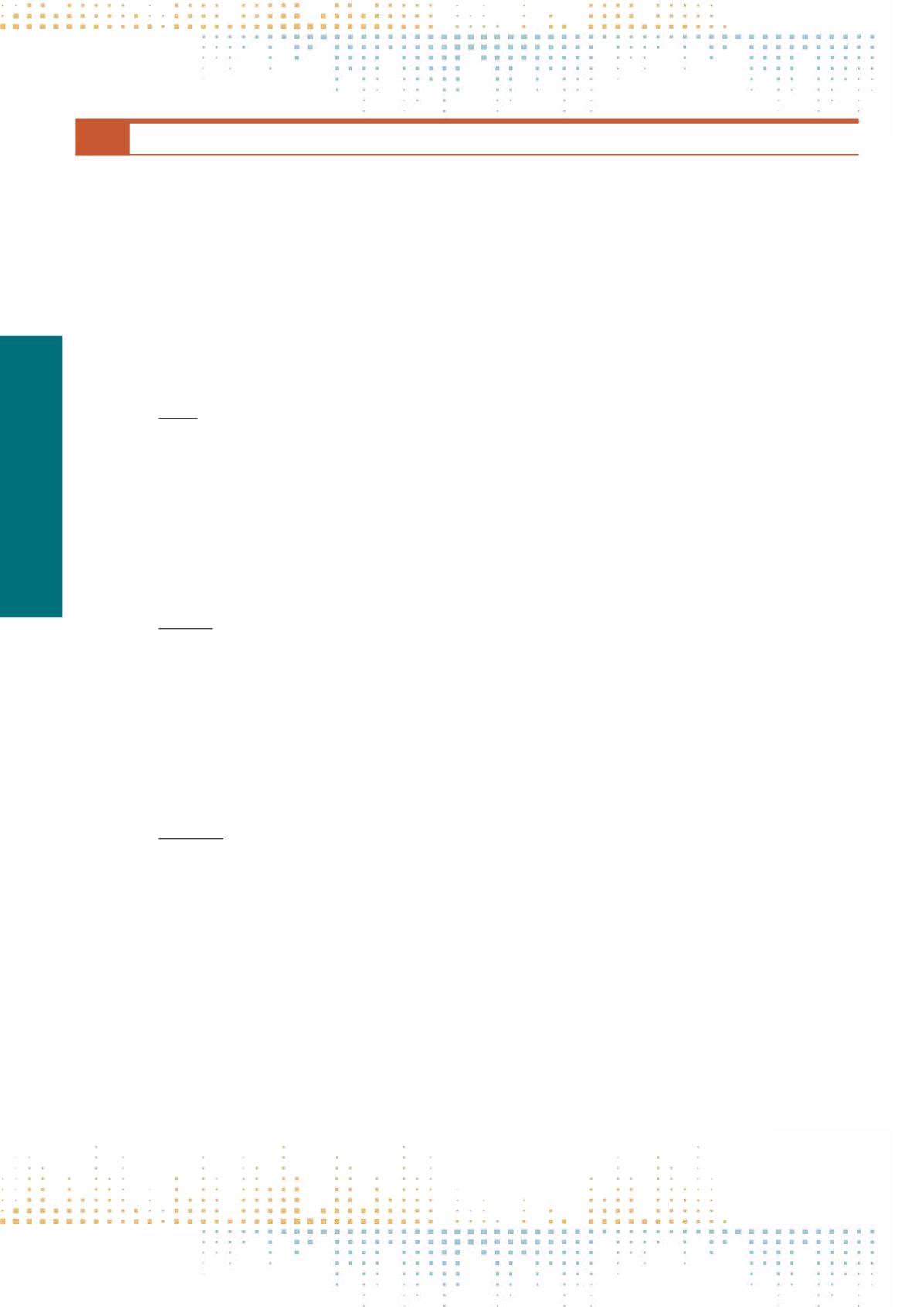

228
Friday, November 11
1 6 : 0 0 – 1 7 : 3 0
DCC11
Imagining Data Futures: Mediated (Dis)Continuities in Everyday Life and the Lab
H. Kennedy
1
1
University of Sheffield, United Kingdom
Discussant: Prof Helen Kennedy (University of Sheffield) New media and communication practices of collecting data with the use of mobile phones, apps
and other smart devices change the ways we think about the social, about culture and everyday life. This panel is placed within the emerging field of critical
big data studies and everyday life, and addresses the important themes of continuity and discontinuity in relation to imagining livable futures. It has been
suggested that datafication can be understood not only in relation to surveillance and the collection of data by third parties, but also as a means of enabling
users to make sense of the world in new ways (Poell, Kennedy and van Dijck, 2015). The empirical and theoretical enquiries of this panel critically reflect on
howmetrics may help us think about the future, or may create discontinuities between today and imagined futures.We consider different areas of everyday
life, science and policy, such as smart cycling; scientific labs and apps; aging and care by design; everyday sharing practices and resistance to big data; and
feminist approaches to the quantified self. By locating the continuities and discontinuities brought about by big data and digital media technologies, we
examine the wider contexts that contribute to how the future is mediated and imagined.
PN 219
Ruthlessly Imagined Communicative Futures
R. Burns
1
1
University of Brighton, Media, Brighton, United Kingdom
This paper analyses future-making practices in the adoption and consumption of tablet computers by lab-based academic scientists. The paper shares eth‑
nographic research findings that examine the role of everyday communicative practices in the formation of imagined futures. Participants framed their use
of tablets as a process of‘bringing about’an imagined future, in which big data approaches would allow instant (even automated) communication of results
and ideas, improving teaching and research. Participants explicitly drew on discourses of past, future and progress to construct and define an imagined
future characterized by this automated, datafied model of communication. Participants adopted tablets with the aim of changing their everyday commu‑
nicative practices in the present, on the basis that this would help to bring about the imagined future. As such, tablets represented a ‘future in the present’,
a discontinuous temporality which, this paper argues, led to the ruthless adoption of tablet computers in a self-fulfilling process of future-building.
PN 220
Active Ageing: Data, Technologies and Age Relations
M. Sourbati
1
1
University of Brighton, Media, Brighton, United Kingdom
‘Active ageing’is a concept that emhasises health, participation in social activity and fitness to work, based on well-being across the life course. Established
as a global policy response to population ageing (WHO 2002, 2015), active ageing can be measured through public and corporate health and wellness
monitoring, and self-tracking data. Use of digital ICTs is an indicator of capacity for active ageing (EC, 2015).Thus, active ageing is about continuities and dis‑
continuities in imagining people’s past and futures to make ageing governable. This paper examines trends in the interfacing of older age through website
design and mobile apps, drawing on a content analysis of older people’s images in digital social care websites (Sourbati, 2015) and age metrics in a popular
fitness app. It makes a case for sensitivity to cultural understandings of age; these often echo 20
th
century life course normativities and constructions of old
age as a period of dependency, frailty and technological ‘deficit’.
PN 222
Imagining Data Futures: Feminism in the Era of the Quantified Self
A. Fotopoulou
1
1
University of Brighton, Media Watts, Brighton, United Kingdom
Reproductive control has been a key issue for feminism, and women have always logged their data in some way. However, it is with digital technologies
and smart phones that data collection carries a promise of significant life changes. There is currently an explosion of tracking apps, used to monitor fertility
and reproductive hormones (Lupton, 2015). This use raises some critical questions around data ownership and power, labour and exploitation, at the inter‑
sections of the digital with the biological. What formmight feminist politics around reproductive rights take with these new practices, and more generally,
what might a feminist critique of data collection look like? How can“self-knowledge through numbers”open up new spaces for feminist politics and inter‑
ventions in health policy, personal data, reproductive rights and technologies? This paper examines the Hormone Project and other online campaigns and
projects that aim to influence innovation in biotech and personalized health. It draws from content analysis of Quantified Self meet-up video recordings,
specifically around hormonal tracking, by 'smart, geeky, talented' women involved in sensor hacking. Through frameworks of biopolitics and reproductive
labour (Dickenson, 2007; Franklin and Lock, 2003; Thompson, 2005), I discuss how feminist and data futures are imagined, and how far data collection has
the potential to make the voices of women heard, beyond the articulation of consumer demands about digital health.



















